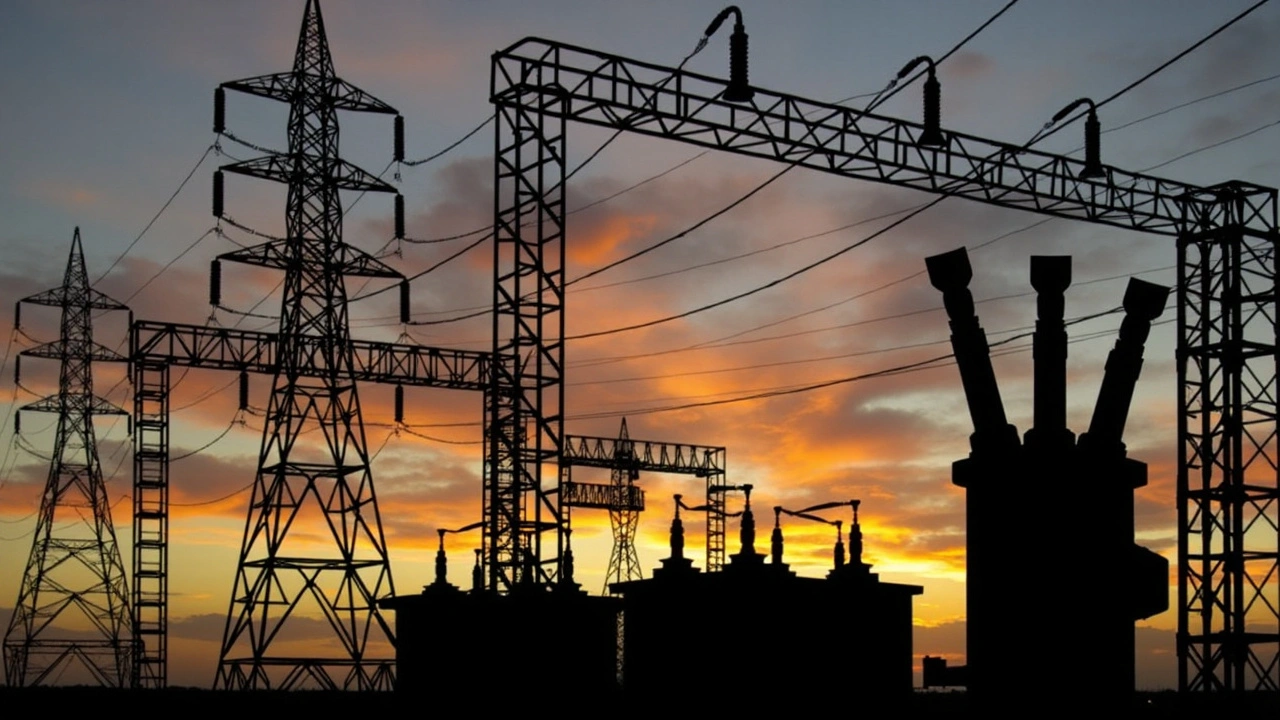Blackout: Live Updates, Safety Tips and What Causes Power Cuts
Blackouts hit without warning. This tag gathers the latest news on power outages, rolling cuts, and emergency responses across Africa and beyond. You’ll get fast updates, clear explainers on what caused the outage, and practical advice to stay safe and keep things running at home or work.
Following blackout coverage helps you plan. Power cuts affect hospitals, transport, businesses and the internet. We collect official restoration times, utility statements, eyewitness reports and local authority alerts so you can act fast. When lights go out, knowing who is working on the problem and how long it may last matters.
What typically causes a blackout
Equipment failure is common. Old transformers or broken substations can fail suddenly. Overload happens when demand spikes and the grid can’t cope. Severe weather — storms, floods or heatwaves — damages lines and stations. Accidents and fires take down power lines. Theft and illegal connections can destabilise local networks. Sometimes outages are planned for maintenance. Rare but serious causes include cyberattacks and fuel shortages at power plants.
Each cause means a different response. A damaged line may be fixed in hours. A collapsed substation can take days. Political decisions that cut power to certain areas need different solutions. We note the cause in every report so you know what to expect.
Practical steps to take during a blackout
Stay calm and check official channels first. Follow your local utility and emergency services on social media for live updates. Report outages through the correct hotline so utilities know the area is affected. Conserve battery power on phones and use power banks sparingly for urgent calls.
Keep fridge and freezer doors closed to protect food. If you rely on medical devices, move to a location with power or call emergency services before the outage gets long. Use LED torches rather than candles to reduce fire risk. Switch off sensitive electronics to avoid damage from sudden power surges when electricity returns.
For drivers, avoid traffic lights if they are out and treat intersections as four-way stops. Businesses should have a basic continuity plan: protect data, pause sensitive manufacturing processes, and communicate with customers about delays. If you use a generator, follow safety rules and never run it indoors.
We update this tag with verified restoration times, government statements, community reports and expert tips. Bookmark the page, enable notifications if you can, and check back during major outages. Want alerts? Sign up for our newsletter or follow Patio Pulse on social channels for live posts.
Prep checklist: keep a charged power bank, stock three days of water, a basic first-aid kit, a torch and spare batteries, and a printed list of emergency numbers. Businesses should test UPS systems, back up critical data offsite, and document who has key access. Find your nearest community centre that opens as a relief hub during long outages. Hospitals and clinics must have fuel contracts and portable power tested on schedule. Good planning cuts stress and saves lives.

Unprecedented Sixth National Grid Collapse Plagues Nigeria in 2024
Keabetswe Monyake Oct 15 19Nigeria faces another nationwide blackout as the national grid collapses for the sixth time in 2024, highlighting ongoing infrastructural issues and operational inefficiencies in the power sector. This disruption significantly impacts daily life and economic activities, emphasizing the urgent need for reforms. It also raises questions about the government's ability to stabilize power supply and secure vital investments.
More Detail